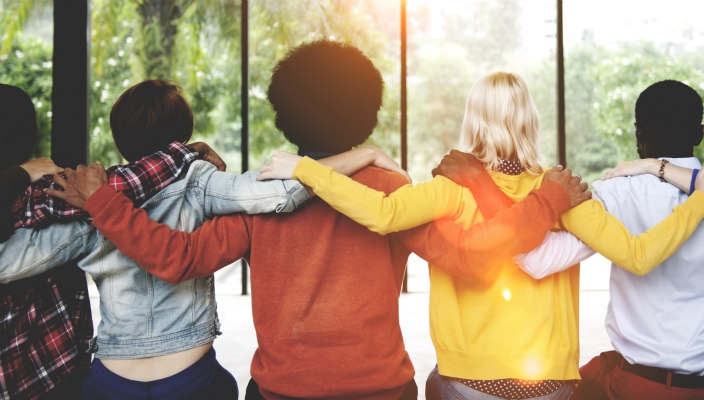
After George Floyd died, I had the urge to dash across the street and hug my neighbor Phyllis long and hard. She’s Black, tall, regal-looking and we’re both Christ-followers. My arms longed to embrace one of only a handful of persons of color in my lily-white neighborhood. I wanted to tell Phyllis that I stood with her and that I think Jesus would too.
I started down the brick path from my front door, intending to make sure my neighbor knew how much I loved her. At the curb, I stopped short. Two years ago, Phyllis narrowly survived a double lung transplant, so the COVID-19 pandemic puts her at very high risk. But another reason picked at the back of my mind: Was I as color-blind as I liked to think? Or was I stuck—even subconsciously—in an “All Lives Matter” mindset?
I’m a disabled mom to three grown sons with addiction and mental health issues, and I thought I came by my attitudes honestly. Everyone craves dignity. Belonging. Love. But when it comes to being “woke,” there are some areas where I can grow.
At first, I didn’t quite get why saying that “All Lives Matter” is insensitive. Then someone kindly pointed out that I was interpreting the phrase “Black Lives Matter” as ONLY Black lives matter. A witty guy on Twitter asked if those who insist on “ALL Lives Matter” go to others’ funerals and shout, “I’ve felt loss too!” If you attend someone else’s birthday party, you don’t automatically yell, “But my birthday comes once a year too!”
I needed to grasp the distinction. Right now, we’re focusing on discrimination against Black people. It doesn’t make Hispanic, Asian or any other race less important. And it doesn’t mean disabilities from addiction or mental illness or polio don’t count. All it means is that sometimes a spotlight on one problem can nudge it forward where real progress can be made.
In this country, more Black people are incarcerated for drug-related issues than any other group. But right now, I won’t muscle my way to the head of the line, shouting, “Those with addictions are just as important as Black lives!”
“Black Lives Matter” because it’s hard to hide the color of your skin or the fact that you need a wheelchair to get around. With only one disabled arm, I’ve played both sides of normal, like a functional alcoholic or the disabled person who compensates in ways ordinary people won’t notice. Some of my loved ones are able to disguise their dependence on substances, while others can’t get close to “passing.” But whichever way you play it, the point is that it’s difficult and degrading to have less than stamped on your forehead.
Brain chemistry and genetics play a much larger role in the lottery of whom gets what malady than anyone likes to admit. The roulette wheel gets greased by myths and outright lies as well as by those who perpetuate false ideas. Even the Bible gets dragged into branding the other—them—as less than, whomever them happens to be. Black Lives Matter, for me, is a giant red stop sign that reminds me that God loves all of us. Period. And it won’t kill me to pay more attention to racism and work to change things.
In fact, standing with BLM gives me hope that if we can make any progress at all toward racial equality, then equality, love and acceptance is possible for the many other groups who are labelled less than. Whether we talk about LGBTQs or addictions or polio survivors, we can each commit to seeing and acknowledging the ones Jesus called the “least of these.”
Your loved ones and my loved ones with addiction are as desperate to be seen, heard and loved as George Floyd and the protesters who demand that we stop stepping on the necks of our fellow human beings. And when the protests die down, let’s hope there will be racial justice as well as louder cries to stem the tide of addiction.
I used to hope that my sons would stop using and become just like every other (white and privileged) person I knew. The BLM movement has shown me that before I hope for a cure for addictions, I should hope that we all start doing what it takes to stop treating anyone as if they don’t matter.
I want to practice viewing the less than— those with different skin tones, languages, lifestyles or sketchy pasts through the lens of love, not scorn. Jesus sought out sinners, not those who said and did the right things, and I want to be that way too. I want to see my sons and love them as they are today, not the way I think they should be.
I still long to hug my neighbor Phyllis and tell her I support Black Lives Matter—after all, we’re sisters in Christ. For now, I’ll wear my mask and chat with her from across the street. I won’t be surprised if Jesus shows up among us.
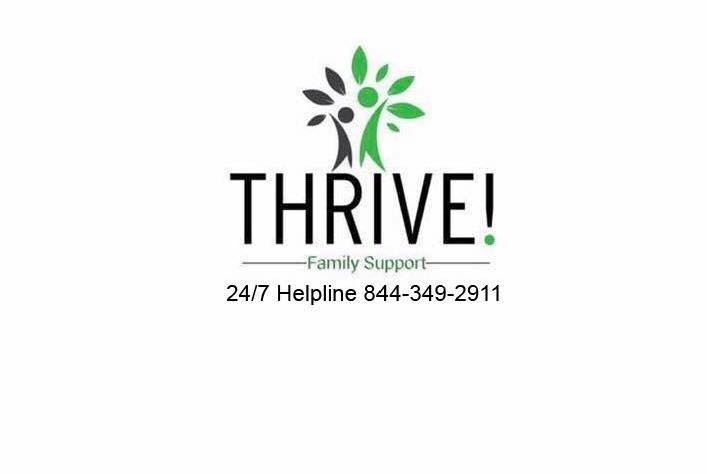
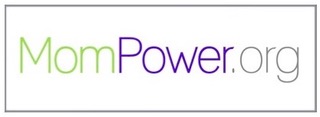

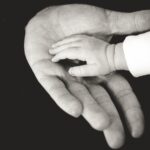

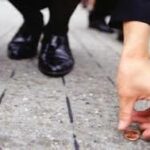

Brilliant article, thank you so much for sharing. Take care and stay safe. ❤️
Leeanne,
It means everything that you commented. This essay has been met with a lot of pushback–which is sad because I meant it as a loving statement.
I viewed it as it was intended, a loving statement from the heart. I’ve enjoyed your posts for some time now, but felt the urge to comment on this because it was beautiful. ❤️ Stay safe, take care and wishing you all the very best.
Leeanne,
Thans. Please tell all your friends! 🙂 Stay safe and healthy too.
Linda
Thank you so much. Shall do! I’m thankful to be in Australia where our cases are relatively low. Wishing you all the very best.